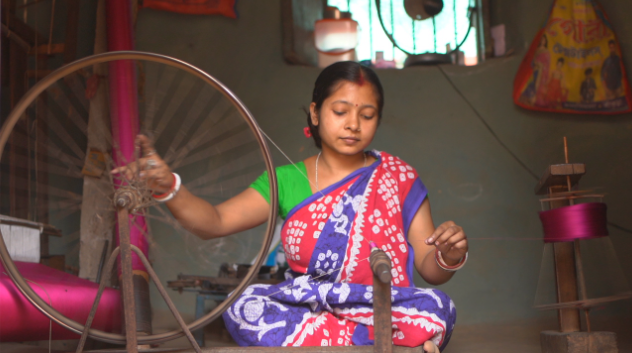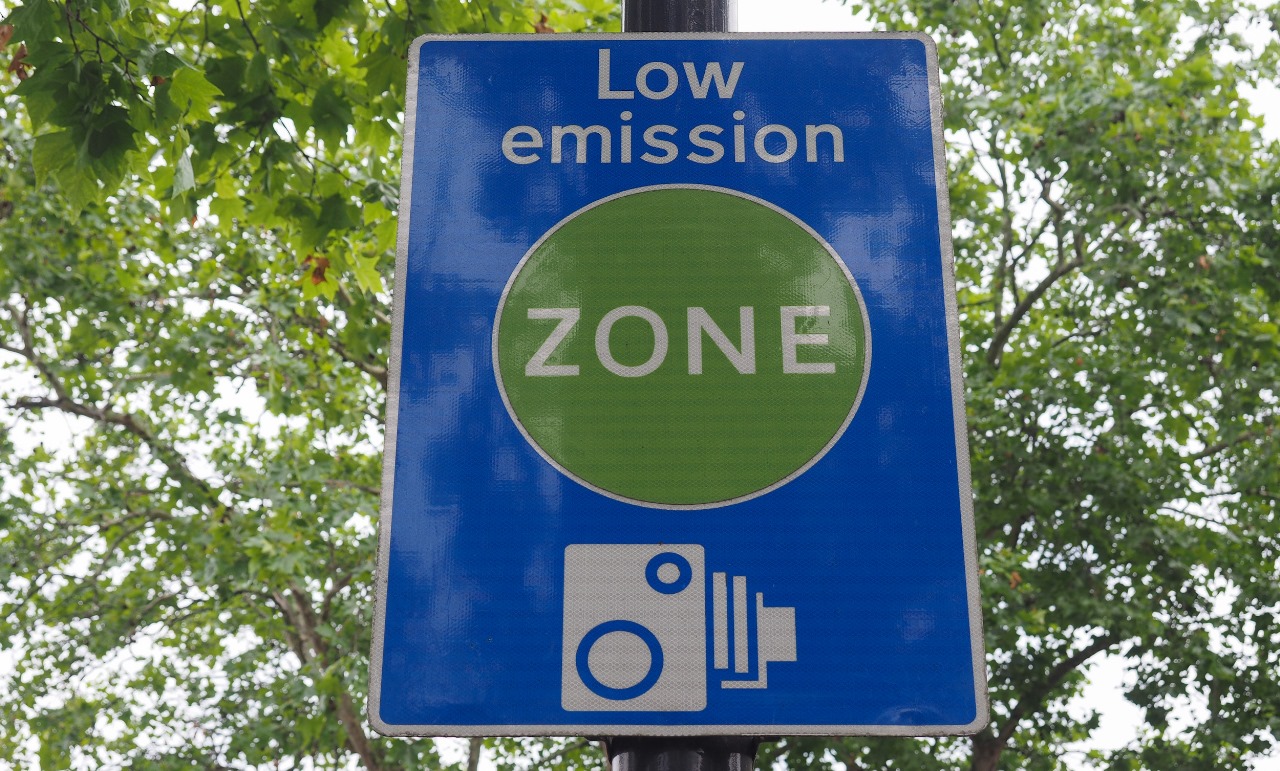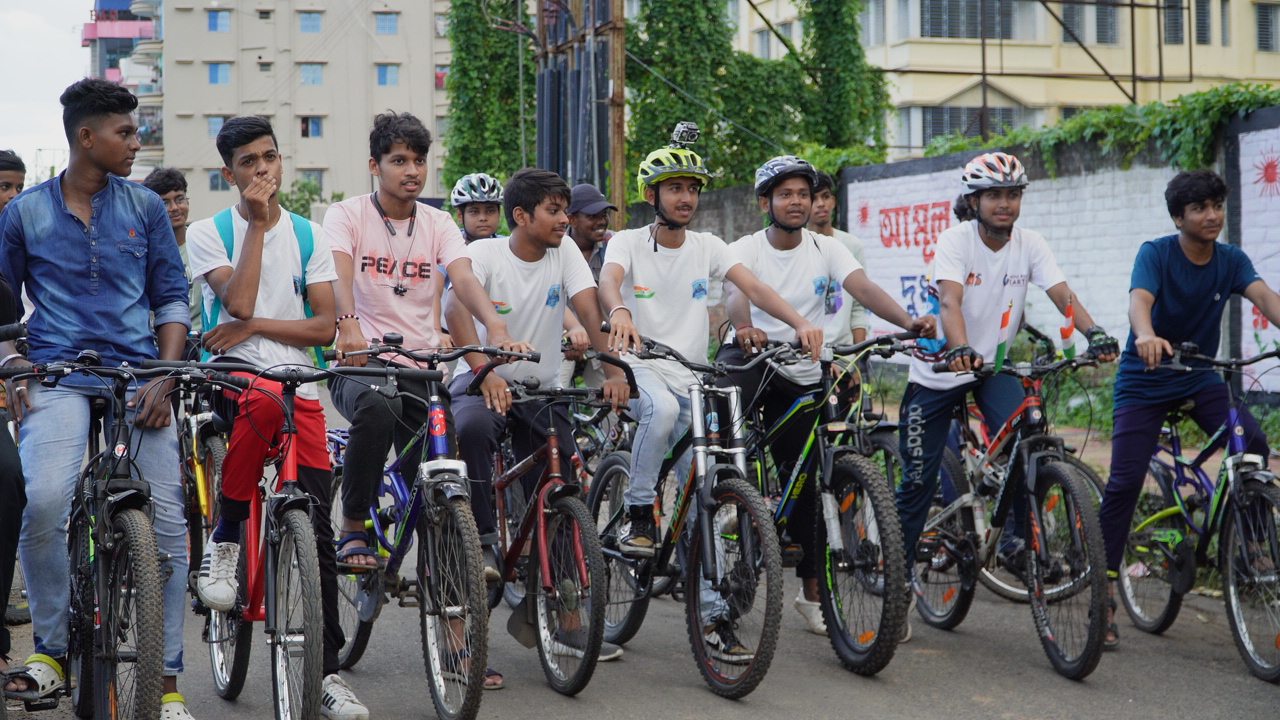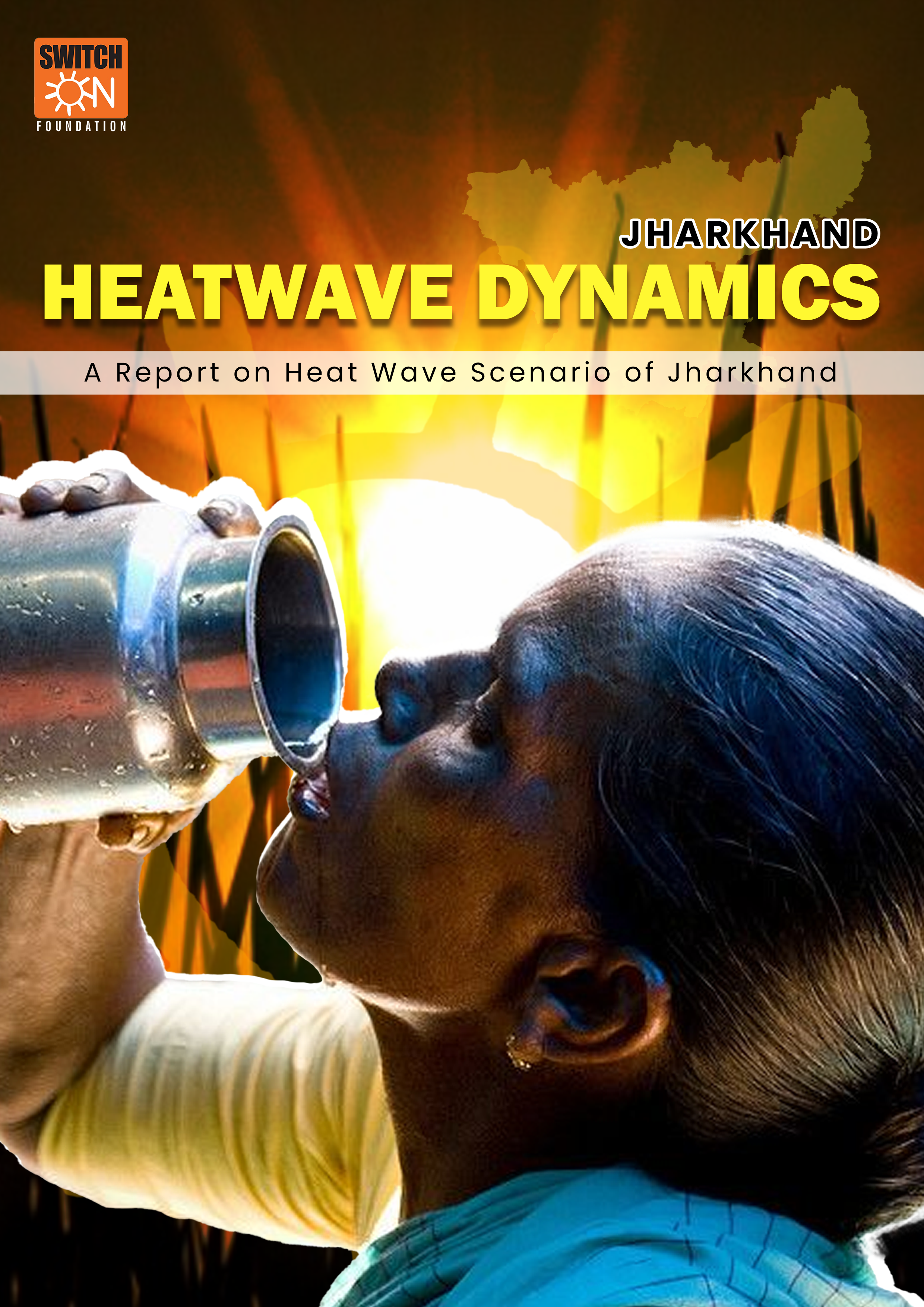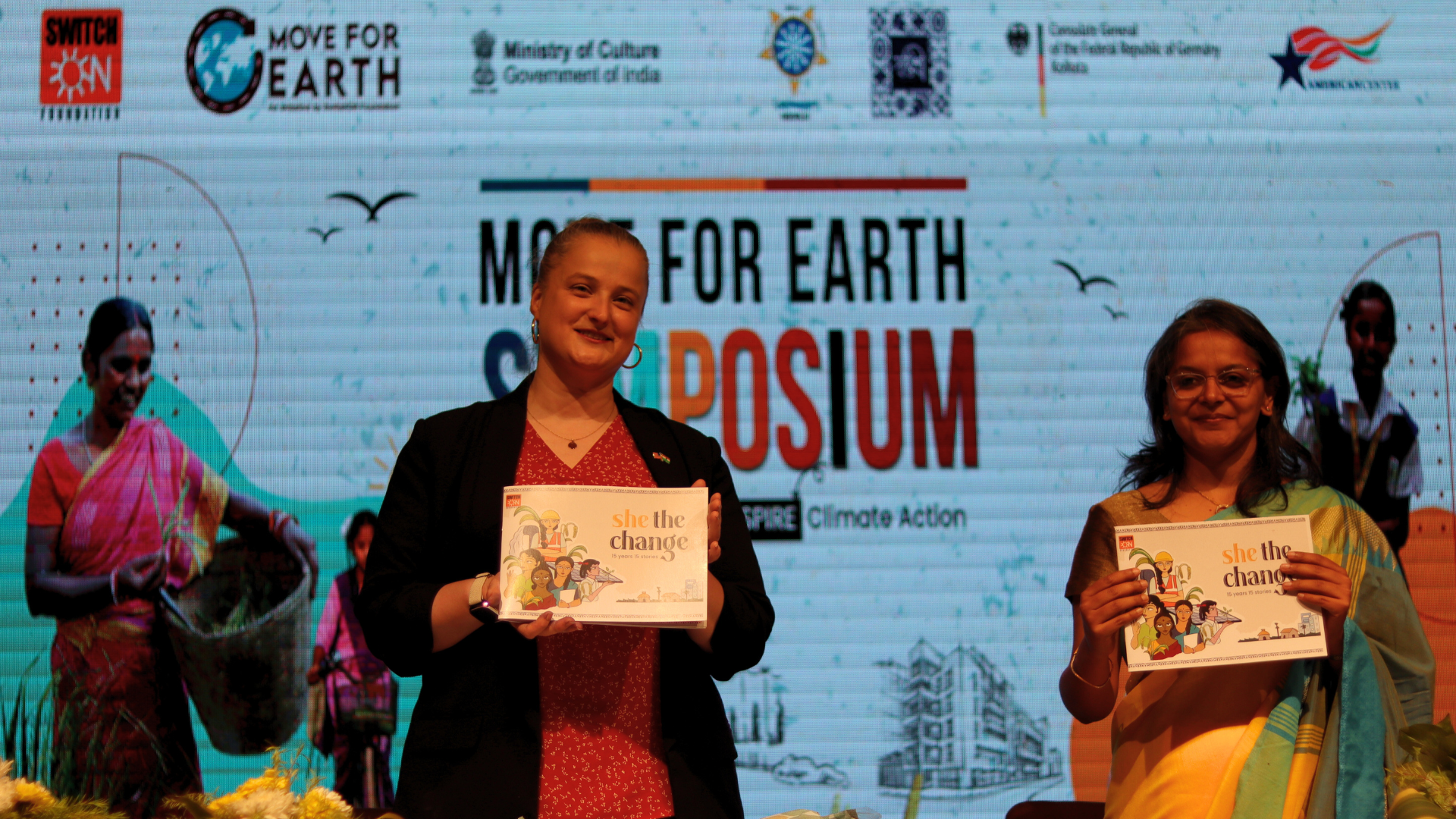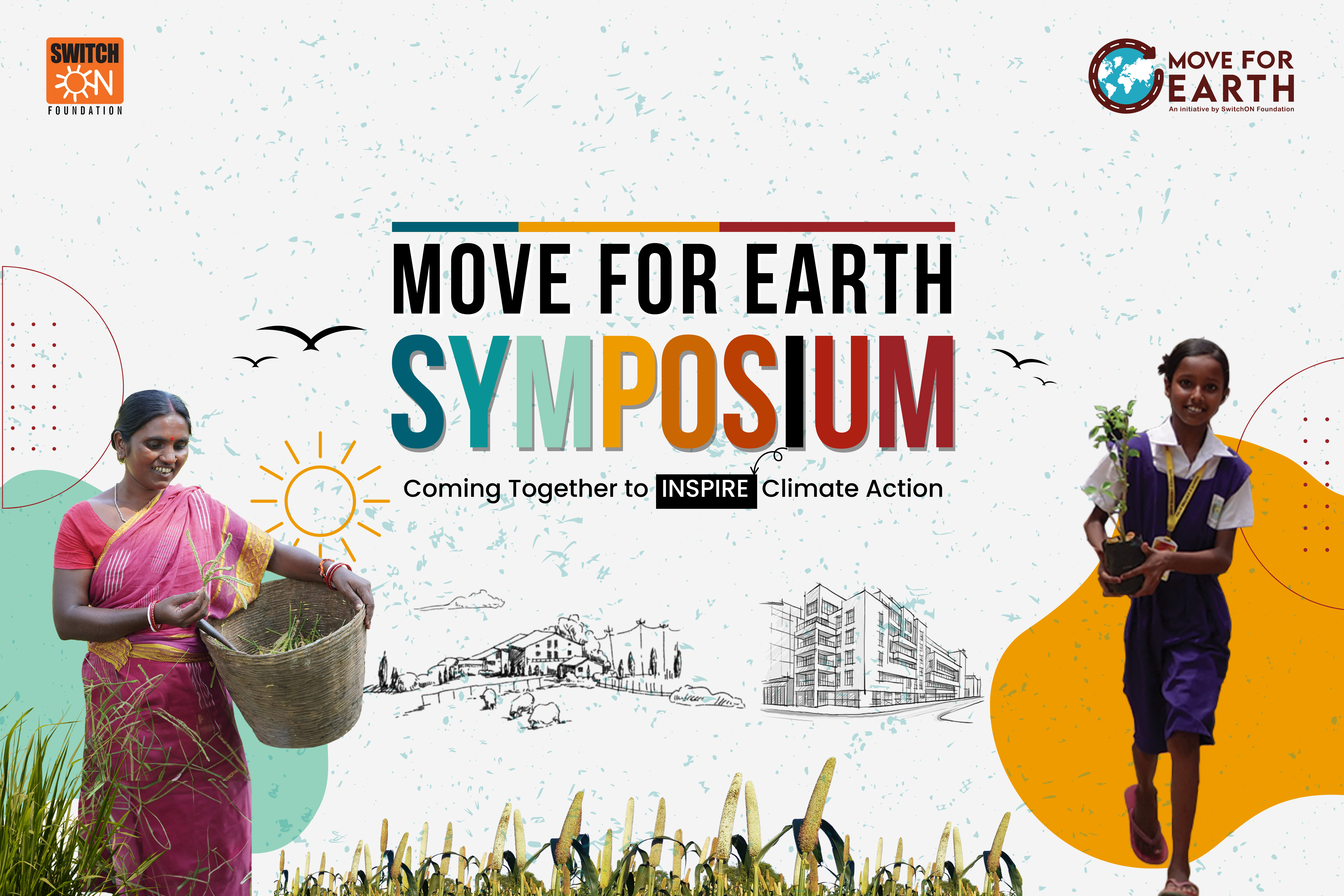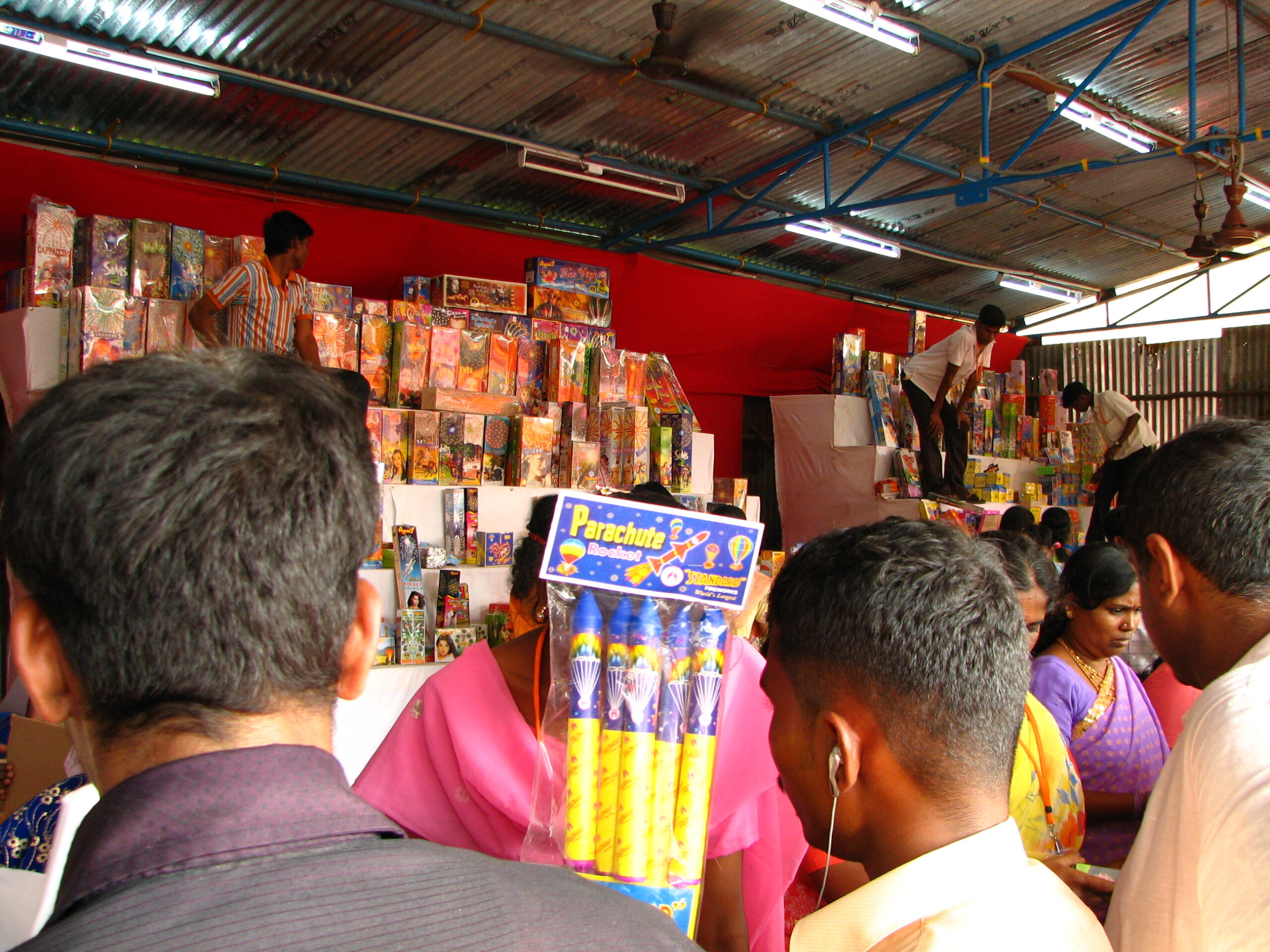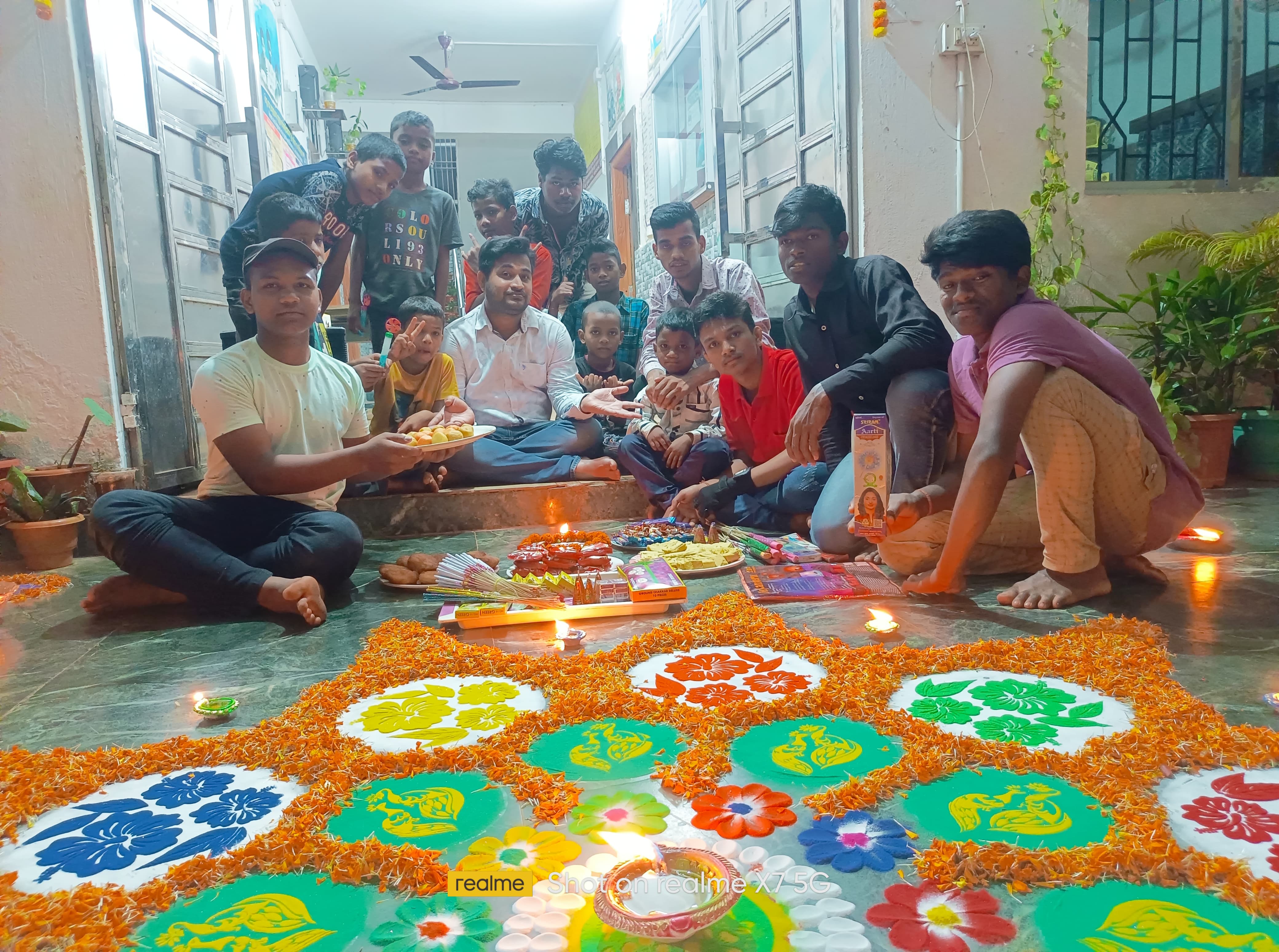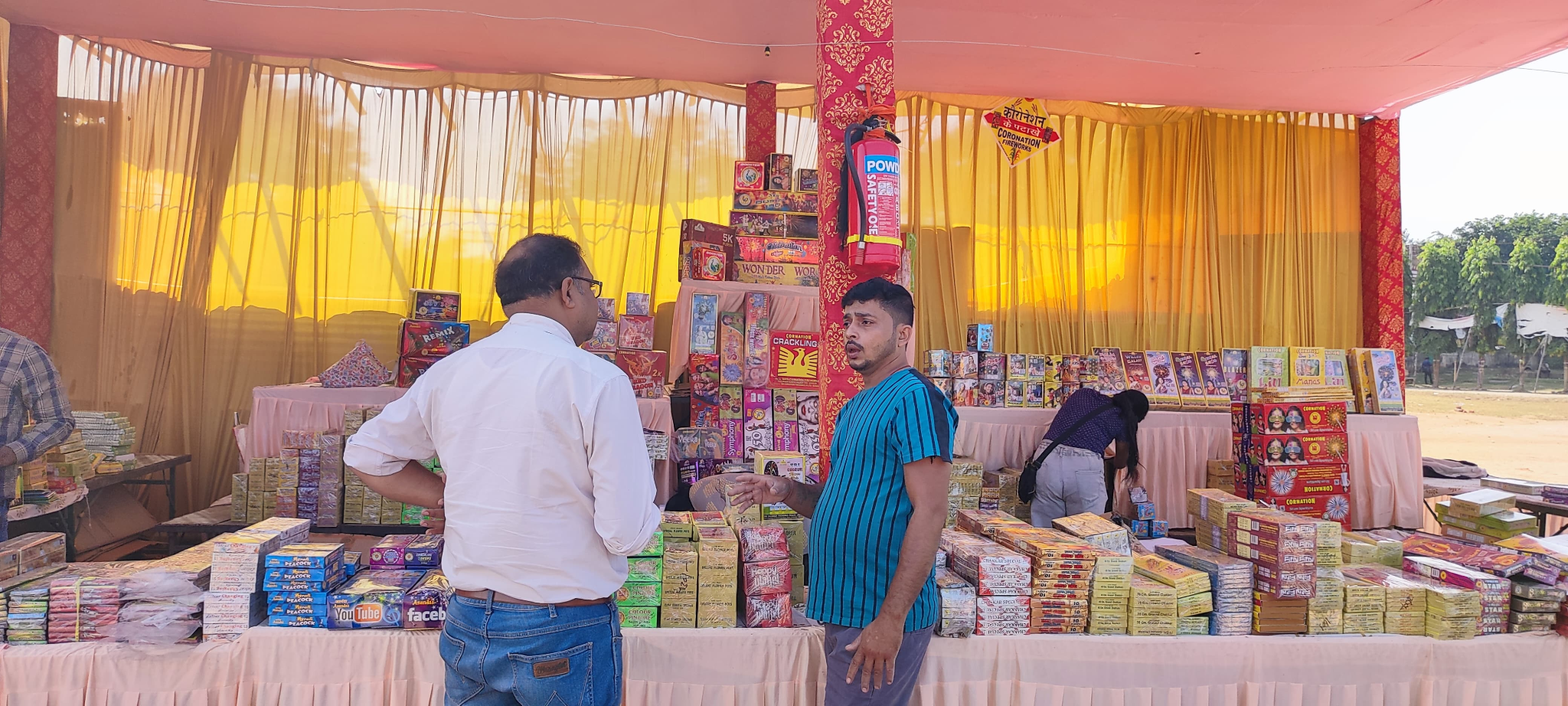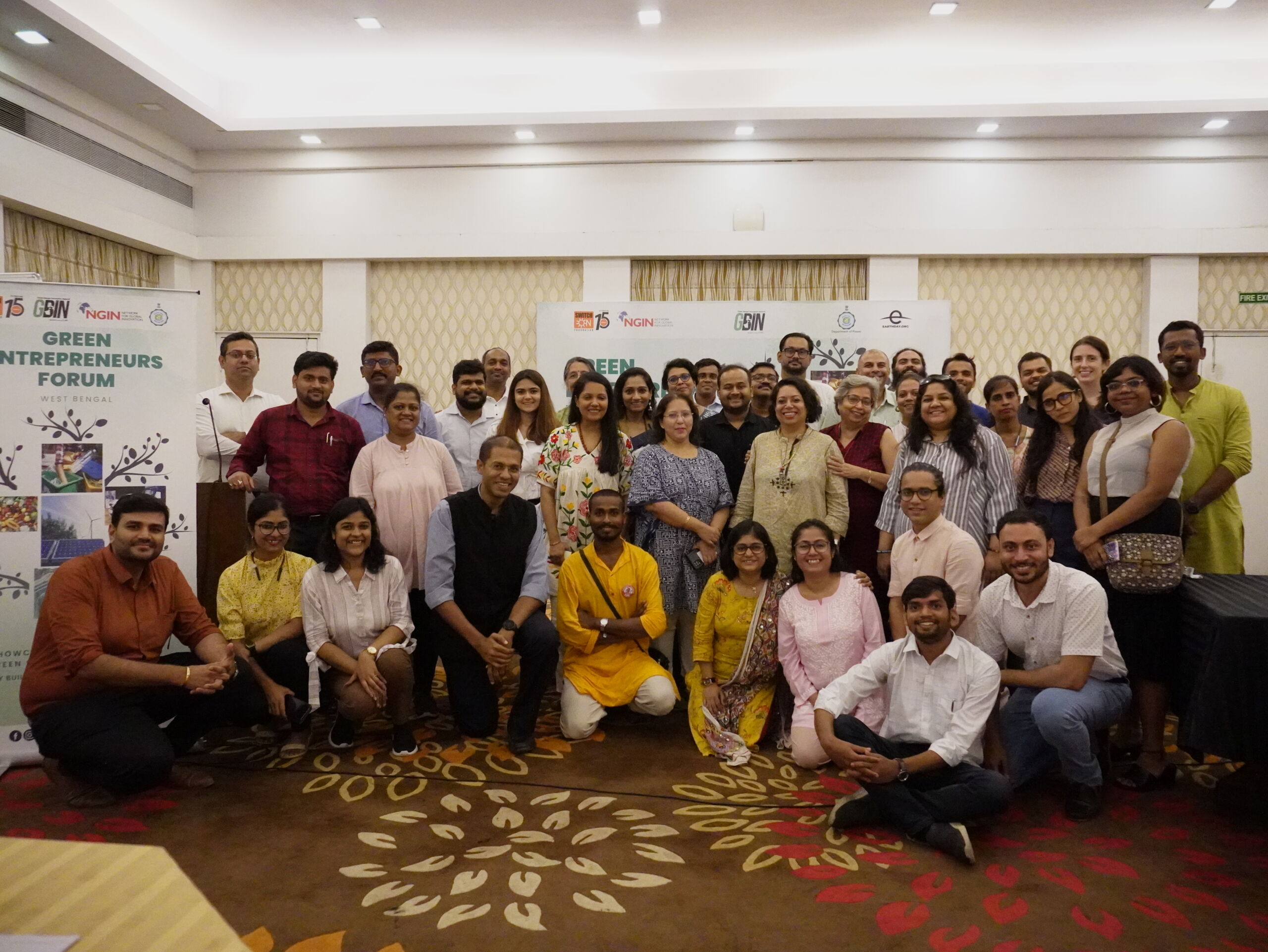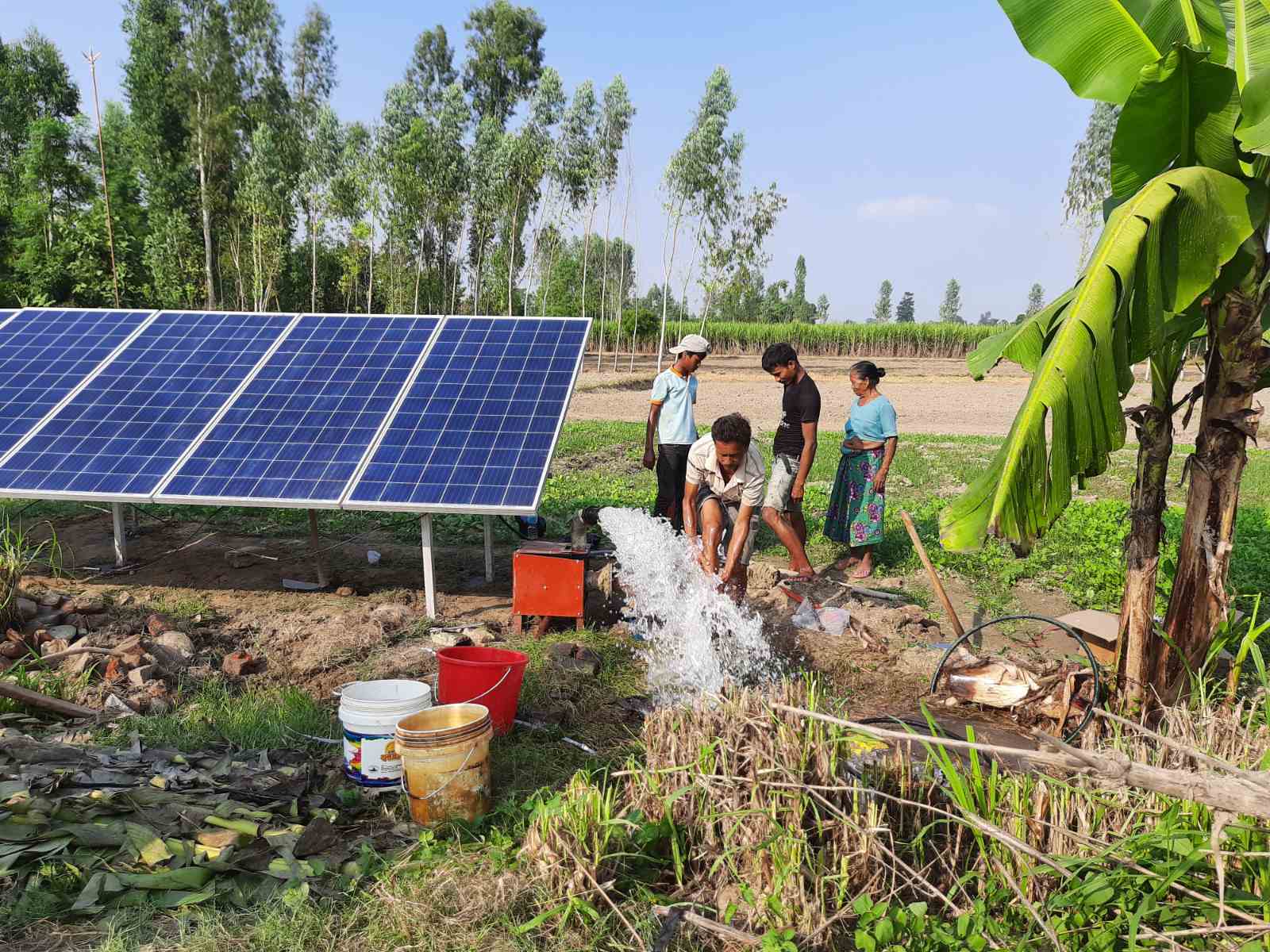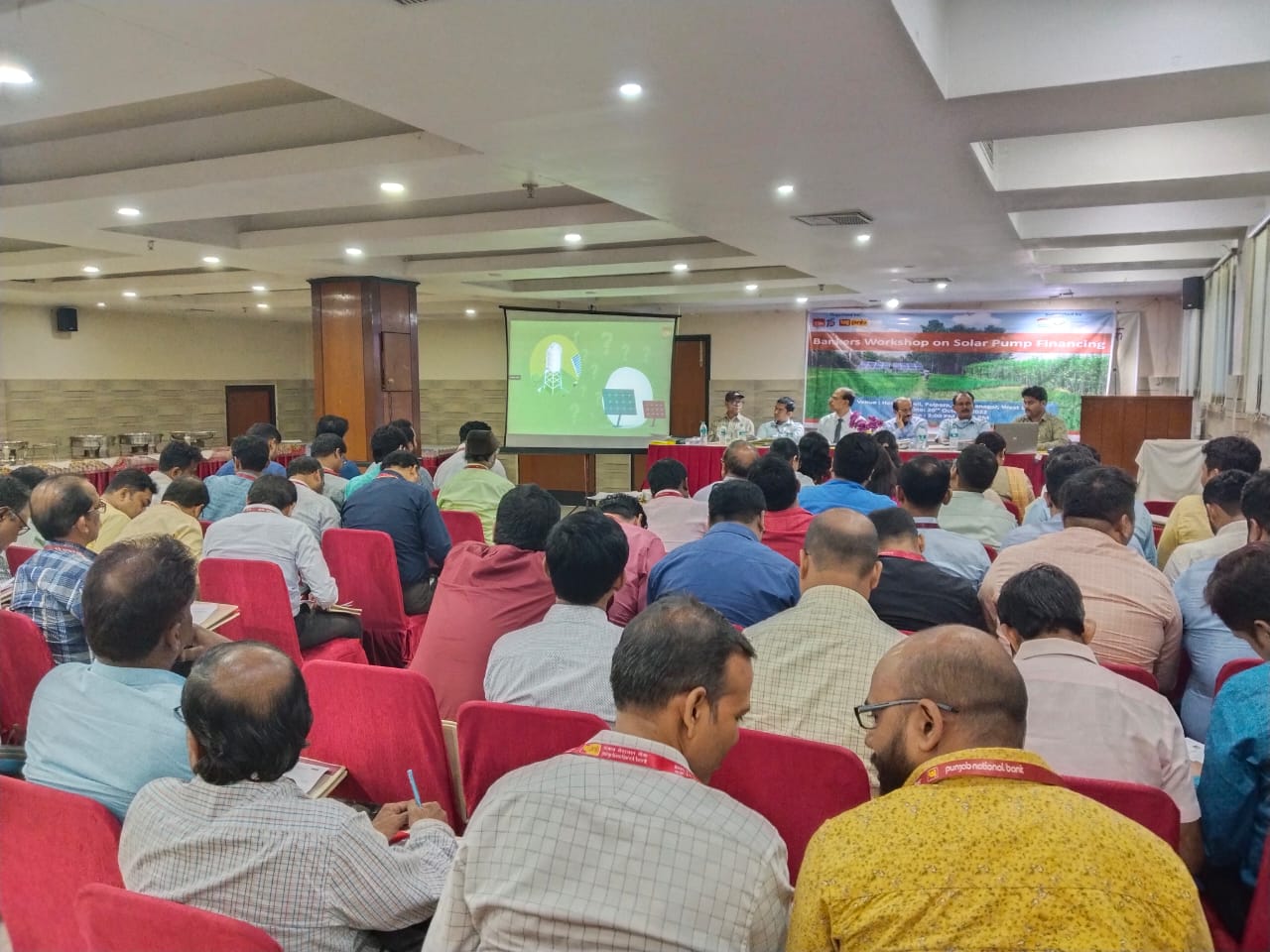In observance of World Environment Day, more than 2000 youth, women entrepreneurs, and farmers across states in India came together to participate in a series of impactful initiatives like workshops, training, and activities focused on land restoration, desertification, and drought resilience. This collaborative effort aligns with this year’s World Environment Day theme and aims to address the severe environmental challenges plaguing our country. These efforts highlight the critical role of community action in environmental conservation. As we strive to combat climate change and restore degraded lands, it’s essential to promote sustainable practices and build resilient communities.
Grooving to Green: How the 70s Sparked a Global Environmental Movement
Let’s take a quick trip down memory lane to the groovy ’70s, where World Environment Day (WED) was born. In 1972, in Stockholm, the United Nations threw a major conference on the Human Environment, and made every June 5th a day to celebrate our planet! According to the study by UNEP (2024), by 2030, restoring 350 million hectares of degraded land and aquatic ecosystems could yield US$9 trillion in ecosystem services. Additionally, such restoration efforts could eliminate between 13 to 26 gigatons of greenhouse gases from the atmosphere. Therefore, community action is required in various steps both in the Urban and Rural scape that can help restore the ecosystem.
Uniting Youth for Sustainable Solutions: Restoring Local Ecosystem

For World Environment Day, we led a waste collection drive in West Bengal, Odisha, and Jharkhand, targeting cities like Dhanbad, Giridih, Deoghar, Jamshedpur, Ranchi, Durgapur, Asansol, Howrah, Titagarh, Kolkata, Bhubaneswar, Cuttack, Angul and Talcher. The campaign, emphasizing land restoration, collected 1410 kg of dry waste, including plastics, paper, and electronics, from public areas, contributing to ecosystem preservation. Waste was handed over to recyclers and ragpickers for proper processing. The initiative also included creative competitions and plantation drives, aiming to educate the public on waste management and environmental stewardship. These activities encouraged community engagement and inspired participants to take proactive roles in environmental conservation and sustainability.
In collaboration with Vegan Daily and Samayu, an inspiring ‘Plant-based Food Cooking Workshop’ was organised. This initiative promoted plant-based diets to reduce greenhouse gas emissions and combat climate change, perfectly aligning with World Environment Day’s theme of fostering sustainable lifestyles and protecting the environment.

Uniting Farmers, Women SHG and Producer Group: Revamping Soil fertility and reducing Carbon Footprint
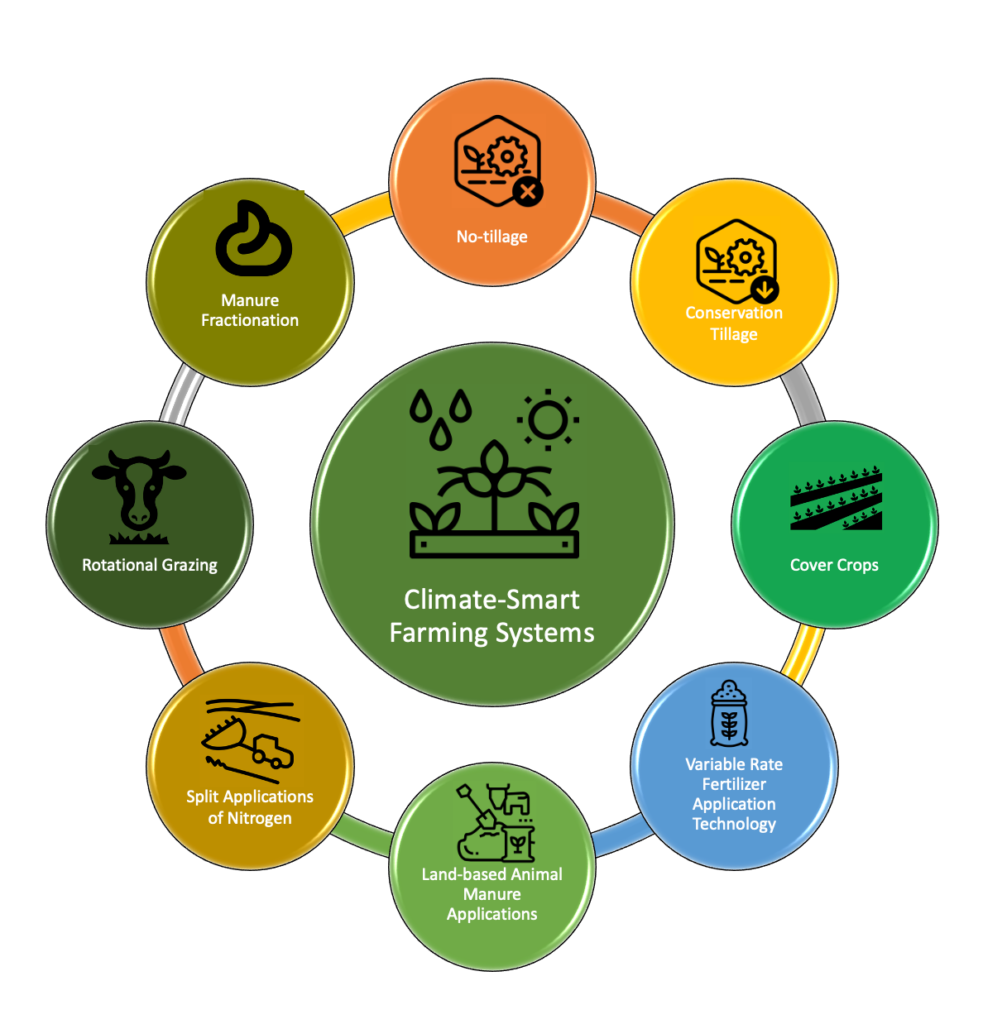
The Regenerative Agriculture Workshop has empowered farmers with sustainable practices, emphasizing organic input preparation, crop rotation, cover cropping, and holistic grazing management within states like West Bengal, Odisha, Jharkhand, and Maharashtra including districts of Purulia, Nadia, Malegaon, Kalimpong, Jalpaiguri, Hooghly, Garhwa, Dumka, Darjeeling, Bankura, Angul, Akole and Akola with a number of 700+ participants. These practices not only improve soil fertility but also reduce greenhouse gas emissions and increase agricultural productivity. The training sessions have provided participants with valuable knowledge on composting, biofertilizers, and the use of natural pesticides, promoting sustainable farming methods.
A millet cooking workshop was organized to educate participants on the nutritional benefits and versatility of millets. Various recipes were showcased, highlighting the potential of millets in sustainable agriculture. Participants learned to prepare millet-based dishes such as salads, porridge, and desserts. The workshop also emphasized the environmental benefits of millet consumption, including reduced carbon footprint, water conservation, and biodiversity enhancement.


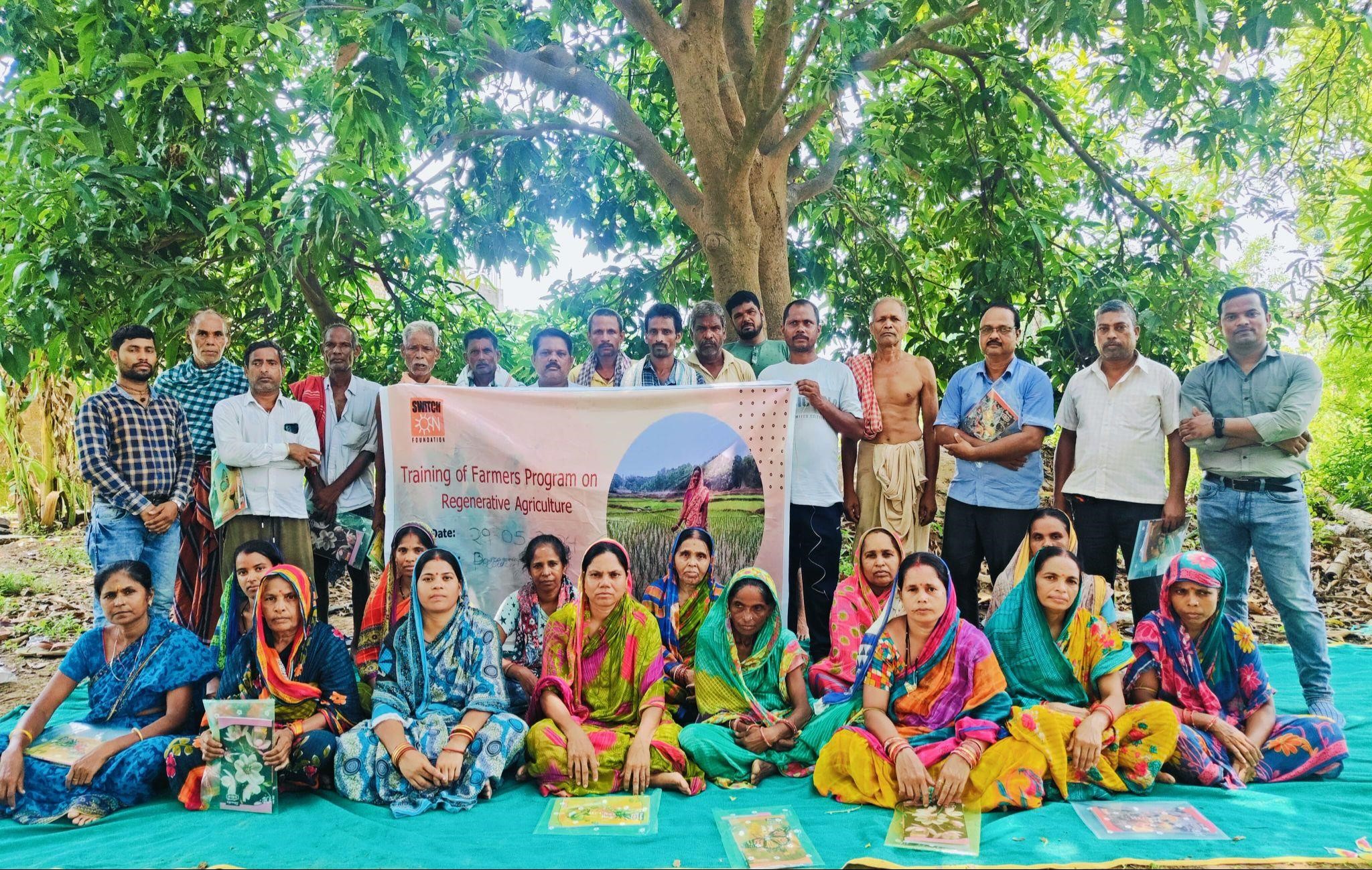
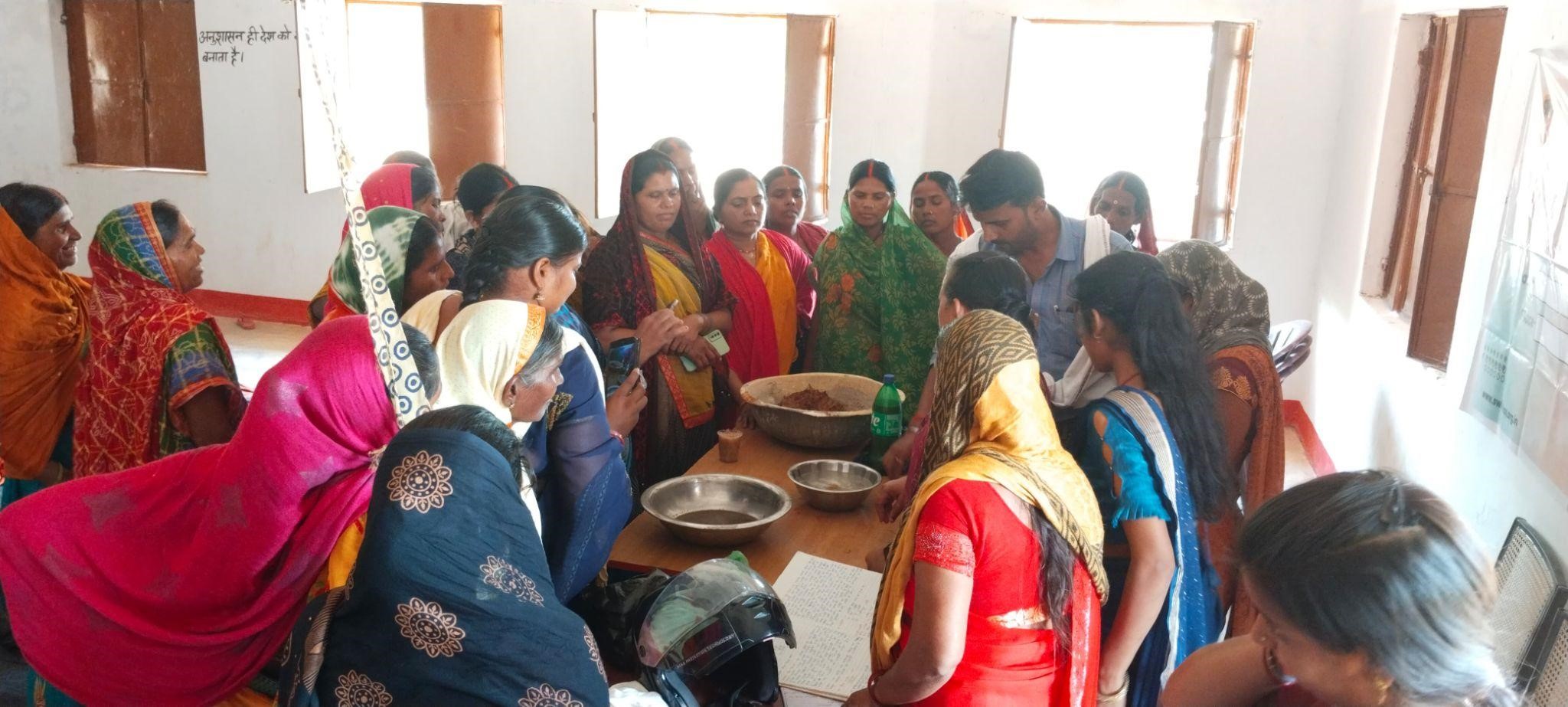
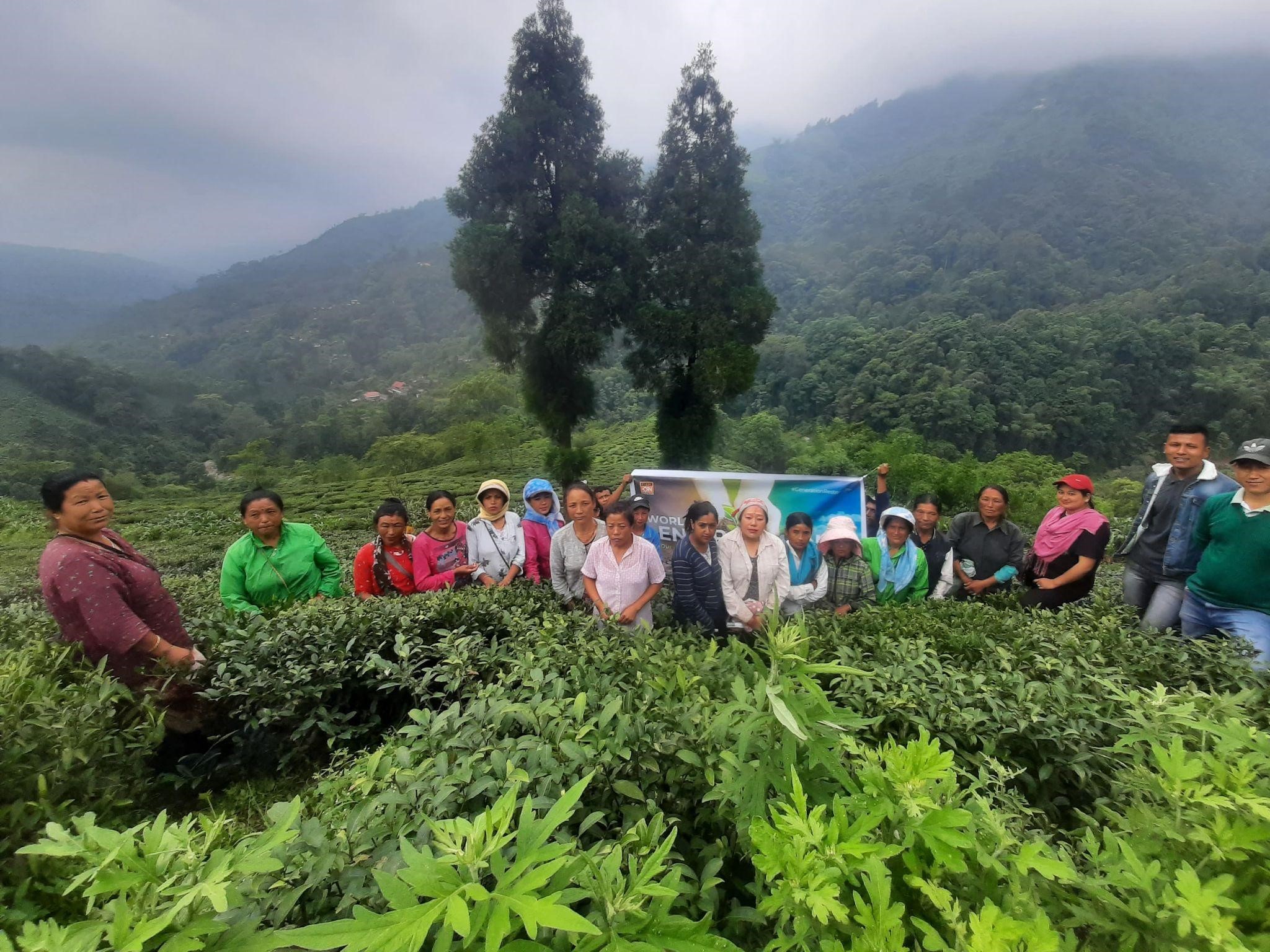

 11
11  3
3 
